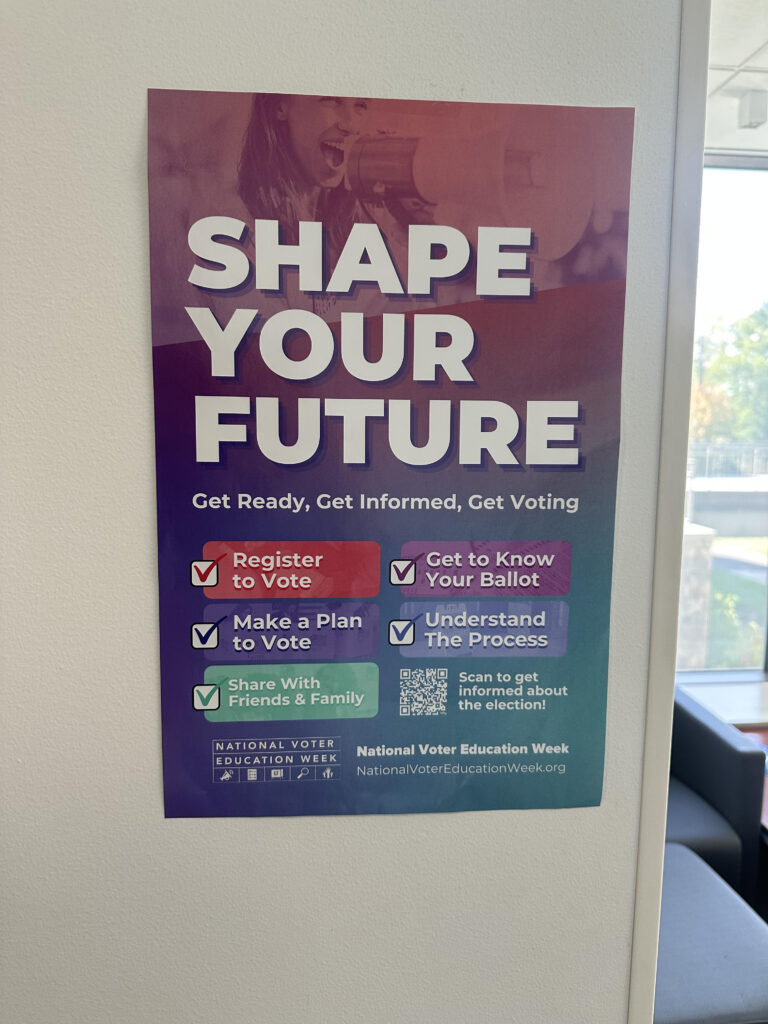
 A few weeks back, news broke that an organization of data analyzers known as Cambridge Analytica reportedly accessed and utilized over 83 million (potentially more) Facebook user’s personal data without the user’s explicit consent, violating the privacy that Facebook guarantees in its end user license agreement. This story isn’t news at this point, but on April 10th and 11th, the CEO of Facebook Mark Zuckerberg appeared before Congress to deliver a testimony on the events mentioned.
A few weeks back, news broke that an organization of data analyzers known as Cambridge Analytica reportedly accessed and utilized over 83 million (potentially more) Facebook user’s personal data without the user’s explicit consent, violating the privacy that Facebook guarantees in its end user license agreement. This story isn’t news at this point, but on April 10th and 11th, the CEO of Facebook Mark Zuckerberg appeared before Congress to deliver a testimony on the events mentioned.
The hearings preceded as they often do. The situation was outlined and Zuckerberg responded to the allegation that it happened at all (to which he reaffirmed that Facebook was aware of the situation,) confirming that at the very least, Facebook was complicit in the breach. This was followed by 10 combined hours of intense questioning from both the Senate and the House Committee of Energy and Commerce. The Committee raised questions such as what Facebook was doing with the data they’ve collected, what the implications of Zuckerberg’s infamous college hotness rating program were on his character, whether or not Facebook collects data on non users, why data was still being collected from users even when the app was closed, and one senator even went so as far as to read the entire First Amendment aloud. These sorts of points made up the majority of both the Senate and the House’s questions.

In response, Zuckerberg’s answers were surprisingly collective. He noted that he wants for the social media industry to see tighter regulations, denied the claim that Facebook was actively censoring Conservative posts, and voiced his support for GDPR (General Data Protection Regulation.) Senator Lindsey Graham even went as far as to ask Zuckerberg if he believed Facebook was a monopoly, to which he answered: “It doesn’t feel like one.” Naturally, you’d note that platforms like Twitter and Reddit both are popular, but neither can boast the 2.1 billion monthly users that Facebook can. Aside from that, Zuckerberg was calm, responsive, and respectful in both the Senate and House hearings. Criticisms did arise over the Senate hearing, primarily pertaining to the lack of familiarity with social media the Senators seemed to have. Whether or not any legislation pertaining to the industry will be introduced is uncertain, but a precedent was certainly set: the actions of Social Media’s biggest platforms are not immune to consequences.







